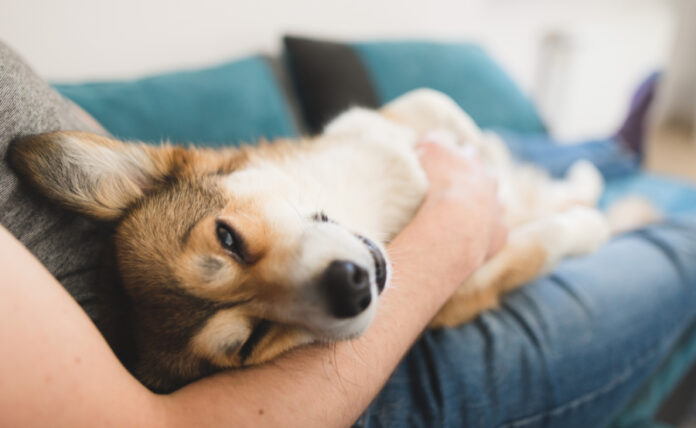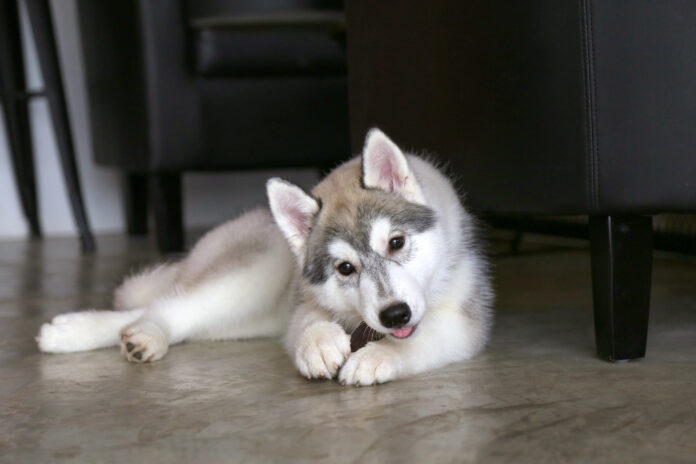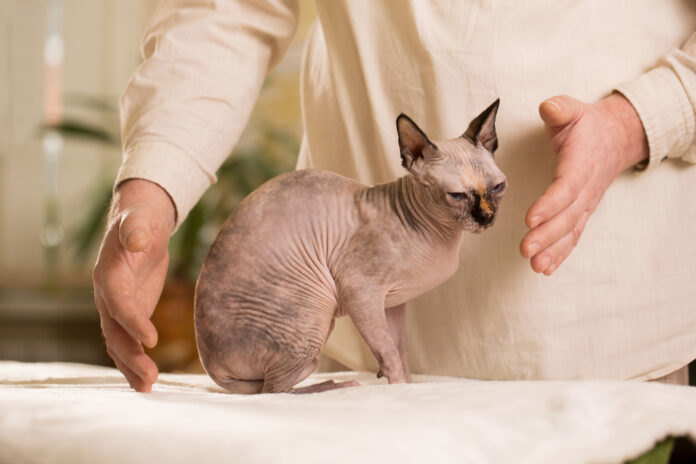How Supporting Your Dog or Cat’s Gut Health Boosts Immunity

A properly-functioning immune system is vital to your dog or cat’s overall wellness, and it starts with supporting their gut health.
Among the many things the pandemic taught us is the importance of having a healthy immune system. The same applies to our dogs and cats. A properly-functioning immune system can help protect them from a host of problems — not just infectious diseases, but also allergies, cancer, and more. One of the best ways to keep your dog or cat’s immune system in top form is to support their gut health.
GUT HEALTH AND IMMUNITY
You might be wondering how your animal’s immune system could have anything to do with what’s going on in their gut. The truth is, they’re inextricably linked. “A healthy gut is your animal’s first line of defense when it comes to their immune system,” says Karlyn Kubin of ZIWI, a premium pet food company.
“Most immune cells (70% to 80%) occur in the gut,” adds Holly Ganz of AnimalBiome, which offers digestive, skin, and oral products for animals. “These immune cells communicate with gut bacteria, and together they play a vital role in how the immune system develops and functions. Individuals with strong immune systems usually have a balanced and diverse community of gut microbes. Similarly, a growing body of scientific research connects imbalances in gut bacterial communities with improper immune function. In short, a healthy gut is key for strong immunity.”
“The gut microbiome is made up of billions of live bacteria and fungi,” says Michelle Griffin of MuttGut, specializing in products for canine and feline gut health. “The gastrointestinal microbiota is a complex ecosystem of approximately 300 to 500 bacterial species, comprising nearly two million genes. These bacteria directly impact the production and behavior of immune cells. Having good bacteria in the gut helps balance a healthy immune response.”
SUPPORTING GUT HEALTH IN VARIOUS WAYS
Michelle states that MuttGut fermentates their gut health formula with bentonite clay and turmeric. “Bentonite clay not only alkalizes the gut but also draws out toxins such as heavy metals and plastics. We use high quality sun-dried turmeric for the maximum anti-inflammatory and antiviral benefits, which are enhanced by extended fermentation. This process produces metabolites, which are essential for immune function.”
AnimalBiome’s products support immunity through gut health by promoting the growth of beneficial gut microbes and reducing E. coli and Clostridium perfringens. “E. coli bacteria are normally found along the intestinal tract of cats and dogs, but in high abundance they can impair immune function and cause inflammation,” Holly says. “Several of our products include bacteriophage technology that specifically targets E. coli. Bacteriophages are ‘good’ viruses that…reduce the number of harmful bacteria without affecting beneficial bacteria. Prebiotics feed ‘good’ bacteria, probiotics introduce important gut species, and postbiotics provide essential molecules for the microbial community to thrive.”
While good gut health is one of the main keys to strong immunity, it doesn’t end there. Many additional supplements can support your dog or cat’s immune system in other ways. It’s important to consult with a holistic or integrative vet before starting your animal on anything new, to determine which supplements might be best, and at what dosage. Once that’s done, you’ll have a happy, healthy dog or cat who’s well-armed against infection, inflammation and illness.

AUTHOR PROFILE

Ann Brightman
Ann Brightman is Managing Editor for Animal Wellness Magazine and Integrative Veterinary Care Journal. A lifelong animal lover, she has also been a writer and editor for over 25 years. Ann is a member of the Professional Writers Association of Canada and is also a Tai Chi instructor.




